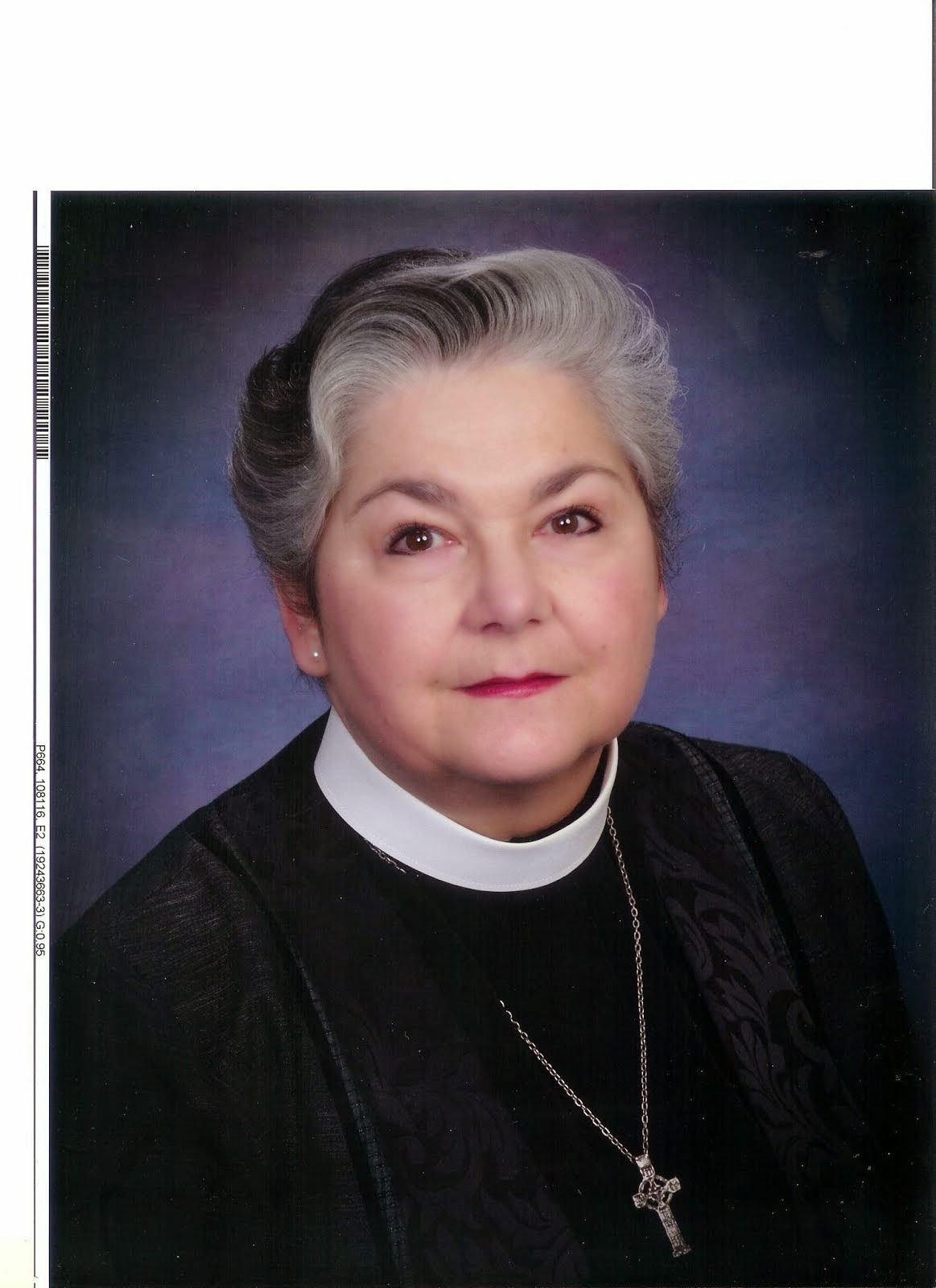It’s an odd juxtaposition in our readings this morning. Three are unalloyed
in their joy: the gift of the Lord is among us. God-With-Us is the Lord who
will change everything.
The last, however, is
darker in tone. John the Baptist cries out that the One is coming to change
everything, but there is an additional message: not only will the Messiah
change everything, but we, too have to change, both in anticipation of the
Messiah and in response to him. John’s names some of his audience as a brood of
vipers, the same language that Jesus will later use to vilify those who have
misled the people in their teachings. John warns them, telling them that “even
now the ax is laid at the root of the tree” that does not bear good fruit. He
exhorts them to change, to give to those in need, to avoid exploiting their
office or power, to live, in short, as righteous persons who love God and their
neighbor, whomever their neighbor may be.
John also preaches of the One who is to come, the Mighty One
foreseen in ancient prophecy, the one who will change things. But the people
cannot simply sit back and wait for this One, and think that everything that
changes will result from His presence. He is not merely a fixer of their
problems. No, they have to change in some very fundamental ways.
They might be joyful in their anticipation, but until He appears,
there is preparation to do, and some things must change.
In this season of love and joy, we have preparation to do as well.
We are decorating our homes, wrapping gifts, mailing packages and Christmas
cards, planning trips, baking cookies. We may be stressed out about it all,
wondering if everything will get done in time, and we breathe a sigh of relief
with each task scratched off our list. But there are other kinds of preparation
to do as well…
How are we preparing our souls for this newborn King?
What needs to change in us, to make us ready to welcome Him, to
receive Him into our hearts?
What needs to change in our world?
This is a season in which children are romanticized. Think of all
the to-do about Santa and stockings and stories like “Twas the Night Before
Christmas” and “A Christmas Carol.” Think of how warm we will feel as we have
the annual Christmas Pageant at our 10:30 service later this morning, when
little ones dressed as wise men and lambs meander up the center aisle.
In this season, we have a vision much like a family photo I saw
many years ago of a family with four boys. In the picture, each boy wore a red
choir robe with a white cotta on top as they were artfully arranged on the
stairsteps, an imaginative representation of a boyish cherub choir. Now, I knew
these boys. They were the least angelic tribe I knew. But in the picture, they
were the fantasy of good little children singing in the arrival of Santa and
Rudolph and Little Baby Jesus.
We romanticize children at Christmas.
But children are not romantic fantasies, as much as we might wish
for it. This was brought home with terrible clarity this week, to our deep
sadness, as we heard of the tragedy in Newtown, Connecticut, near where two of my
own grandchildren live. Those twenty children who died there were not alone as
child victims of gun violence: in America in 2008 and 2009, almost 6000
children died from guns. Over 40,000 children were injured by guns.[1]
No romantic Christmas for those
families, no pictures of little boys with red choir robes, no letters to Santa,
no children’s pageant with the story of that other little child, that baby who
would be a King, whom angels and shepherds adored.
And despite our romantic idea of that baby in the manger and the
sweet singing of angels in the heavens, the reality was a little closer to what
John the Baptist was talking about: this child was probably cold –despite our
fantasies about the warmth of the cows’ breath and a sheepskin offered by the
shepherds – and his mother was probably scared half out of her mind having to
deliver without her female relatives to help her – despite the fantastical
notion that she delivered without any pain – and his father was most likely
wondering how he was going to get his new family back home – the getting to
Bethlehem was difficult enough – with roadside bandits and Roman soldiers who
would demand money for them to pass and might even demand their food. Life,
even at birth, was hard, and would get harder in 1st Century
Jerusalem and its environs.
And the child’s future was a difficult one as well. He was
intended to change things in some rather shocking ways. He would challenge not
only the Roman power structure but the Jewish religious leadership of his time.
Not idealistically warm and comforting, but the one who would say “I come not
to bring peace, but a sword.” (Matt 10:34).
So what do we make of this warning from John the Baptist, this
harsh reminder that the King to come is not a figure from poetry or ancient
mythology, but a radical agent of change who demands much from us?
Perhaps the place to begin to figure this out is once again with
children.
What would happen if we laid aside the visions of Tiny Tim and
Johnny on Santa’s lap and cherub choirs? What would happen if we stopped
romanticizing children – that very act that makes them a bit unreal – and started
to consider their real needs?
What would happen if we said it was time to worry more about the
number of deaths and injuries of children as a result of guns than about Second
Amendment rights that have little to do anymore with a well-regulated militia
and much more to do with an industry seeking to grow its purchasing base? What
would happen if we said it was time to take seriously the problem of providing
care and treatment for mentally disturbed people who act as Adam Lanza did in
Newtown, or Jared Loughner did in Tucson, or Seung Hui-Cho did at Virginia
Tech, rather than saying it might raise our taxes too much?
John the Baptist was clear about who Jesus, this Messiah, was to
be: tough, surprising, a change agent. Yes, he started out as a baby, then a
child, before he grew into his adult ministry. Jesus wasn’t about sweet carols,
as much as we cherish that part of his story. He was once a cold, fragile baby
who somehow survived in a difficult world. As he grew, he knew that his mission
was simple: something must change. Something must change in our relationship
with God and each other. Something must change in our understanding of our
responsibility to our neighbor. Something must change, for the children.
Sad, then, isn’t it, when it feels like nothing has changed since
then? Something must change, for the children.
Amen.
[1]
Data from The Children’s Defense Fund Report “Protect Children, Not Guns 2012”
For more information, see http://www.childrensdefense.org/child-research-data-publications/data/protect-children-not-guns-2012.pdf








1 comment:
Yes, something must.
Post a Comment